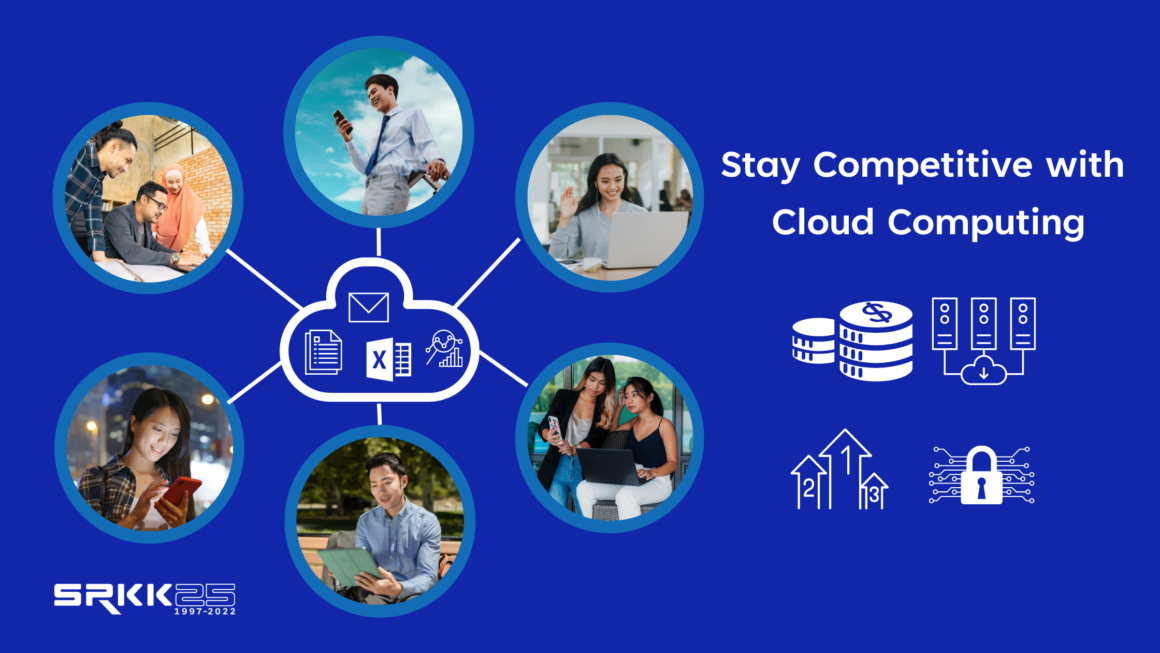1. Cost Efficiency
Reduced IT Expenses: Cloud solutions eliminate the need for costly hardware, data centers, and maintenance.
Pay-as-You-Go Model: Businesses can scale expenses based on usage, optimizing budgets for other priorities.
2. Scalability and Flexibility
On-Demand Resources: Easily scale resources up or down based on business needs without downtime.
Global Reach: Cloud platforms enable businesses to expand operations without geographic constraints.
3. Enhanced Collaboration
Real-Time Access: Teams can access, edit, and share files from anywhere, improving productivity.
Integration Tools: Cloud-based platforms integrate seamlessly with other tools, streamlining workflows.
4. Faster Innovation
Rapid Deployment: Launch new applications or services quickly without traditional setup delays.
Access to Advanced Technologies: Leverage AI, machine learning, IoT, and big data analytics through cloud platforms.
5. Improved Security
Built-in Security Features: Cloud providers offer advanced security measures like encryption, firewalls, and regular updates.
Disaster Recovery: Automatic backup and recovery mechanisms prevent data loss or downtime.
6. Better Customer Experience
Reliable Performance: Cloud services ensure high availability, reducing interruptions to end-users.
Data-Driven Insights: Real-time analytics allow for tailored and proactive engagement with customers.
7. Green Operations
Energy Efficiency: Shared cloud infrastructures consume less energy than traditional data centers.
Sustainability Goals: Most providers use renewable energy sources for their facilities, which aligns with green business operations.
8. Competitive Advantage
Agility: Respond to changing market conditions and new opportunities in a timely manner.
Innovation at Scale: Test new business models or technologies with low risk.
Cloud Solutions for Business
Infrastructure as a Service (IaaS): Elastic computing resources, such as AWS and Microsoft Azure.
Software as a Service (SaaS): Ready-to-use applications, such as Salesforce and Google Workspace.
Platform as a Service (PaaS): Tools for developing custom apps, such as Heroku and IBM Cloud.



No comments:
Post a Comment